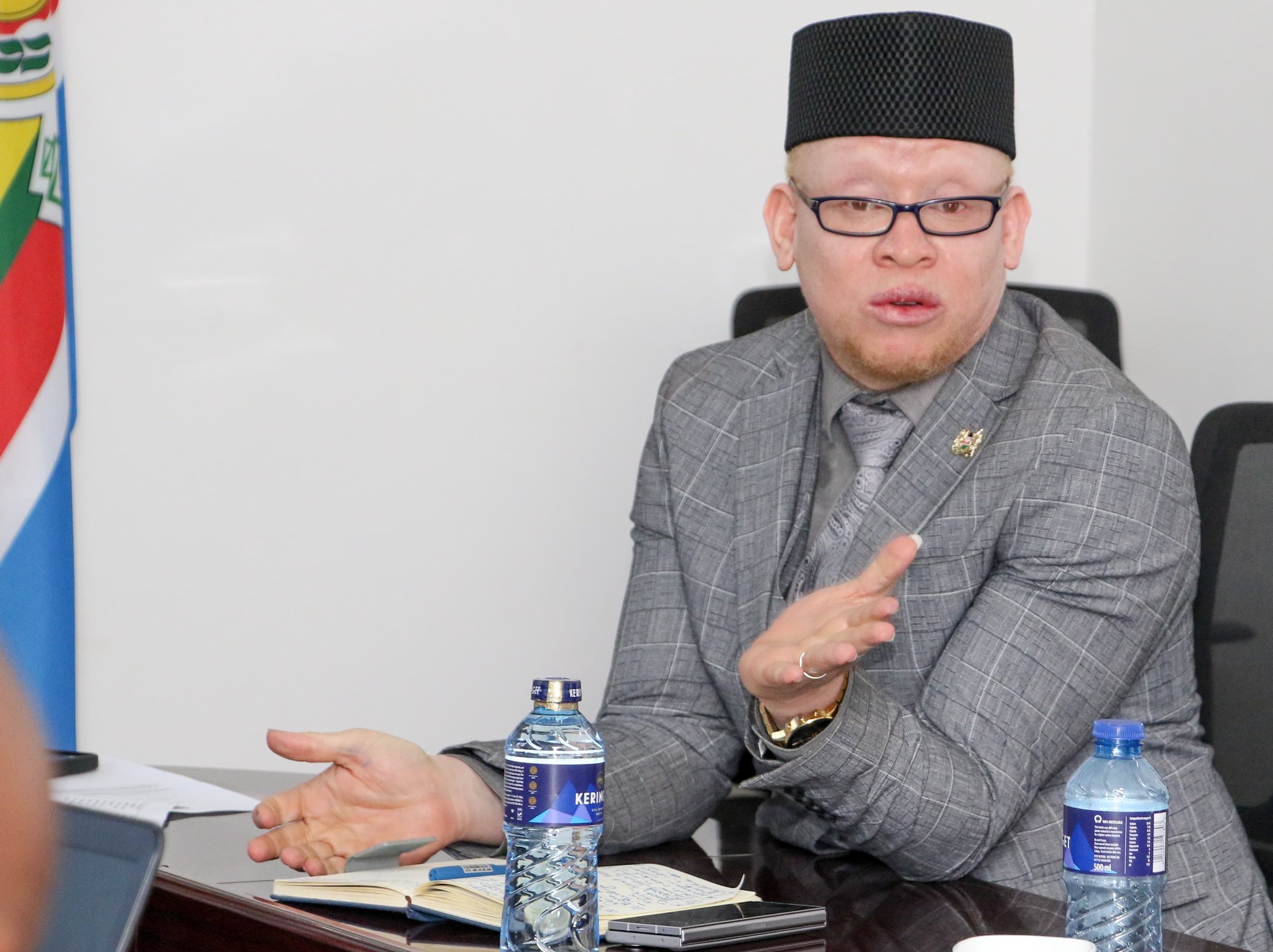Gaffe-prone Mwaura taints comms job

It was Edward Heath, the UK prime minister from 1970 to 1974, who said that a diplomat is a man who thinks twice before he says nothing.
Before I delve into the reason I’m quoting Heath so as to comment on the conduct of the government spokesperson Isaac Mwaura, I want to do something unprecedented: exercise a right of reply to a right of reply.
Last week, I commented on the proposed setting up of Kenya’s first nuclear power plant in Siaya and wrote that “many Kenyans are wont to say that nuclear power plants are not safe or are costly to maintain, but there are several studies that can prove them wrong.”
Justus Wabuyabo, the good lawyer who heads a little-known entity called Nuclear Power and Energy Agency, got his right of reply and falsely claimed that I falsely claimed that “nuclear plants are unsafe and are costly to maintain.”
Back to Heath, historians do not know what prompted him to say so about diplomats, but it is a piece of advice Kenya’s public servants should heed, especially those who have the designated title of spokesperson, particularly the government spokesman.
Isaac Mwaura, the person who holds that post, does not inspire confidence because he has a bad habit of thinking only after he has spoken.
Whenever he speaks, a Cabinet Secretary, diplomatic mission, or a senior government official, or even his own deputy, is bound to call him out, saying his pronouncements are a misrepresentation of facts.
Just this week, Mwaura said Kenyans who had taken loans from the much-touted Hustler Fund and defaulted will be locked out of the equally much-touted Social Health Authority (SHA) services. A few minutes later, Aden Duale, the Cabinet Secretary for Health, said Mwaura was lying, and Mwaura’s deputy agreed.
In other countries, people in spokesperson positions are usually accomplished communication specialists. But in Kenya, such posts are often reserved for those who tried their hand at elective positions, after receiving a free ride to Parliament through nominations, and failed.
Voters saw them as unfit to hold any position, but due to their blind loyalty, they get rewarded by the appointing authority, putting an extra burden on taxpayers.
Even then, isn’t the government spokesman required to get facts right before going out to brief Kenyans?
In Mwaura’s book, getting facts right is an alien principle, and he cares not what facts he is twisting, considering that he has also rubbed foreign diplomats the wrong way and put the government he speaks for in an awkward position.
The other day, Mwaura decided to speak about the war in Sudan, and Sudan’s foreign ministry was not amused, and neither was the Kenyan government, which dissociated itself from his remarks.
Of course, Mwaura started thinking after he had spoken and rushed to delete his statement from social media platforms, but he was not fast enough, as the damage had already been done.
Where does Mwaura get his facts? Who briefs him? Who does he speak for? The government, we may say, but why does the same government distance itself from his pronouncements?
In May, Mwaura said Kenya’s Public Seal had been moved from its traditional custody of the Attorney General to the office of the Head of Public Service.
He said it was lawfully done, and to prove how knowledgeable he was when it comes to State Instruments, he quoted a piece of legislation on which the move of the Seal from the AG’s Office is anchored.
“The process is anchored in legislation, which recognises the Head of the Public Service as the appropriate holder of the seal,” he confidently told the media and the nation at large.
That piece of legislation does not exist. The National Administration Laws (Amendment) Bill 2023 had a clause proposing to amend the Office of the Attorney-General Act, 2012, and take away from the AG the power to have custody of the Seal.
But that clause was long deleted, and in very many words, days later, Mwaura admitted that he lied.
Earlier this week, even though the police had been notified, Mwaura declared that there would be no demonstrations on June 25 as had been planned by younger Kenyans to mark the wanton killing of their age mates protesting against the 2024 Finance Bill on June 25 last year.
There are several instances of Mwaura giving false information, but to call him gaffe-prone would be unfair because he represents a government that thrives on speaking with a forked tongue.
Also, government officials whose policy briefs Mwaura is supposed to communicate to the public love chasing clout, and communication technology has come in handy for them, so they always rush to social media platforms to broadcast their wicked thoughts, show off, and display how out of touch with the needs of Kenyans they are.
In essence, they do not need a government spokesperson — and come to think of it, neither do Kenyans.
The writer is the Managing Editor of the Alliance for Science (AfS). These views are solely his and do not necessarily reflect the position of AfS or its partners














